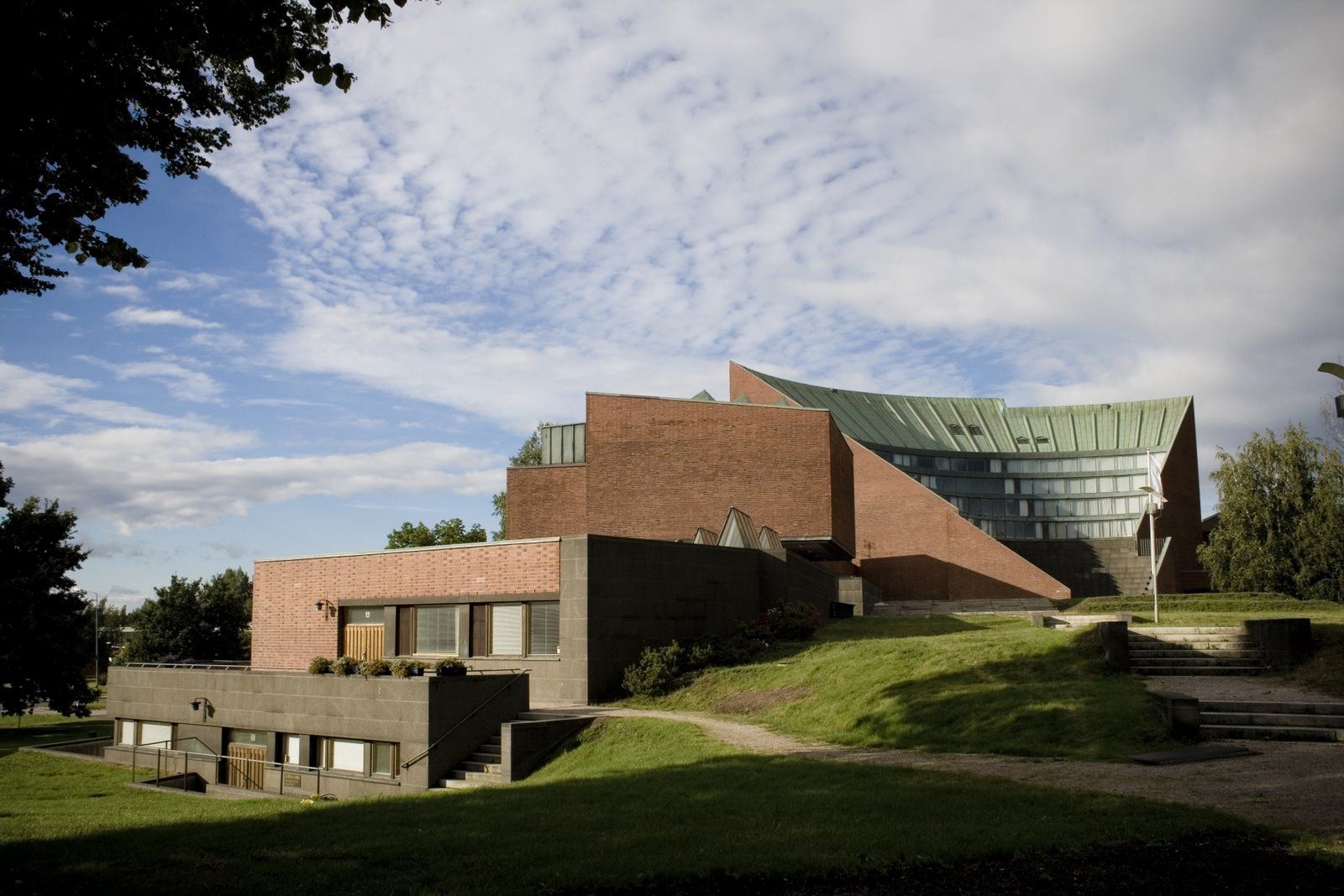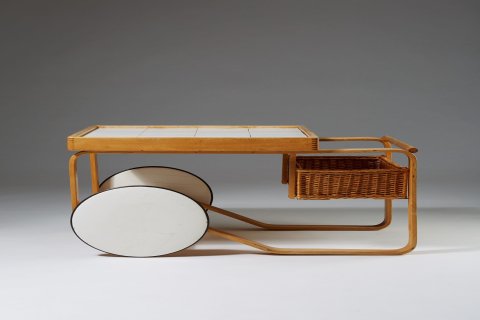Alvar Aalto

Alvar Aalto: A Pioneering Finnish Architect and Designer
Alvar Aalto (1898-1976) was a renowned Finnish architect, designer, and professor. Celebrated for his distinctive architectural style and innovative approach to design, Aalto is widely regarded as one of the most influential figures in modern architecture and design history.
Early Life and Education: Alvar Aalto was born on February 3, 1898, in Kuortane, Finland. He displayed artistic talent from a young age and pursued formal education in architecture at Helsinki University of Technology, graduating in 1921.
Architectural Career: After graduating, Aalto established his own architectural firm in Jyväskylä, Finland. His early works reflected the influence of Nordic Classicism and Art Nouveau. However, it was his innovative and organic approach to design that gained him international recognition.
Aalto's architectural philosophy emphasized the integration of buildings with their natural surroundings. He believed that architecture should respond to the unique characteristics of a site and the needs of its inhabitants. This philosophy is evident in many of his iconic works, including the Säynätsalo Town Hall (1952), the Finlandia Hall in Helsinki (1971), and the Villa Mairea (1939).
Furniture Design: Aalto's design philosophy and principles extended beyond architecture into furniture design. He believed that furniture should be functional, comfortable, and aesthetically pleasing. His furniture designs often featured organic forms, natural materials, and innovative construction techniques. Some of his most famous furniture designs include the Paimio Chair (1931), the Artek Chair (1936), and the Stool E60 (1933).
International Recognition: Aalto's reputation grew internationally, thanks to his groundbreaking designs and his participation in the landmark exhibition, "Modern Architecture: International Exhibition," held at the Museum of Modern Art in New York in 1932. His work was praised by renowned architects, including Le Corbusier and Walter Gropius.
Contributions to Modernism: Aalto's contribution to modernism in architecture and design is significant. He rejected the rigid functionalism prevalent in early modernist architecture and instead emphasized human-centered design, organic forms, and regional context. His work influenced generations of architects and designers and helped shape the modernist movement.
Legacy and Impact: Alvar Aalto's impact on architecture and design continues to resonate today. His innovative approach to design, his emphasis on functionality and aesthetics, and his ability to create harmonious relationships between buildings and their surroundings have made him a timeless figure in the world of architecture and design.
Awards and Honors:
- Gold Medal of the Royal Institute of British Architects (RIBA) in 1957.
- First laureate of the Alvar Aalto Medal, awarded by the Finnish Association of Architects in 1963.
- American Institute of Architects (AIA) Gold Medal in 1963.
Alvar Aalto's legacy lives on through his iconic architectural works, influential furniture designs, and the enduring impact he has had on the world of architecture and design. His innovative approach and timeless designs continue to inspire and influence architects and designers around the world.







